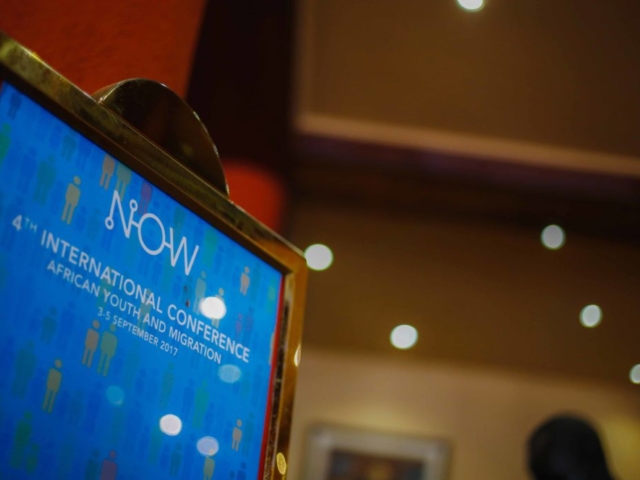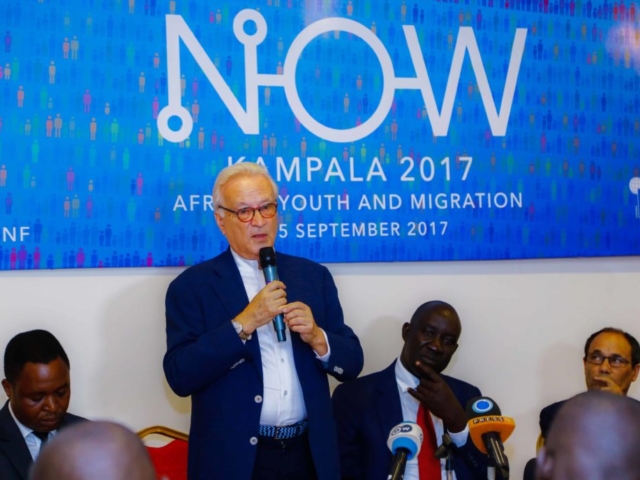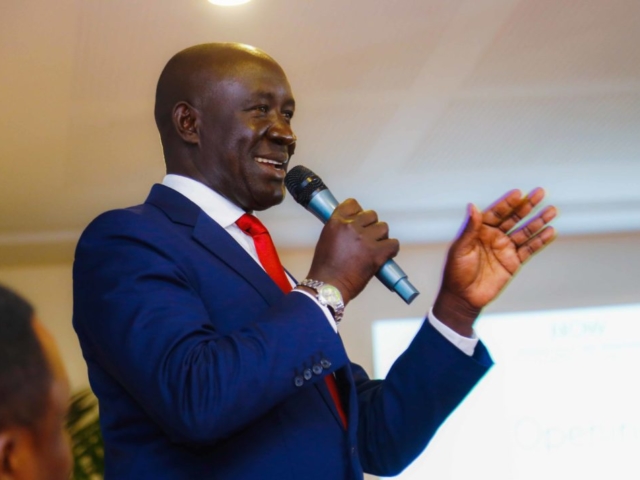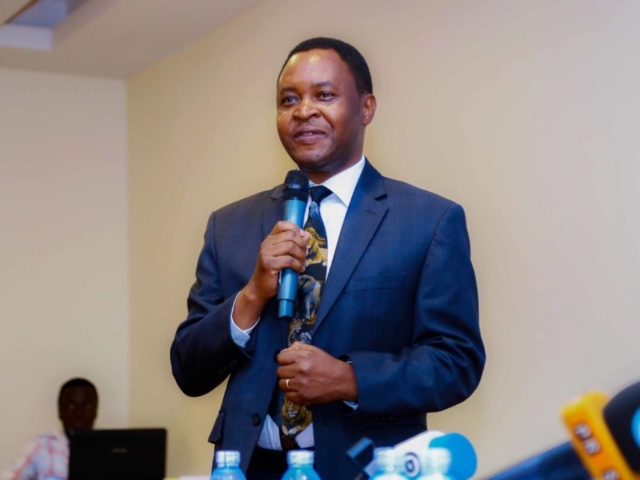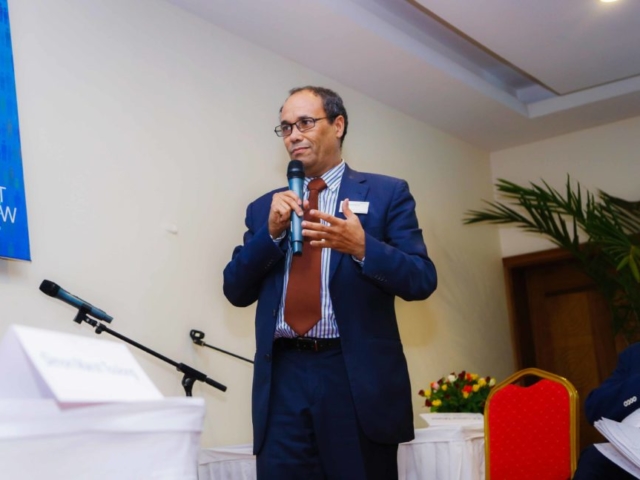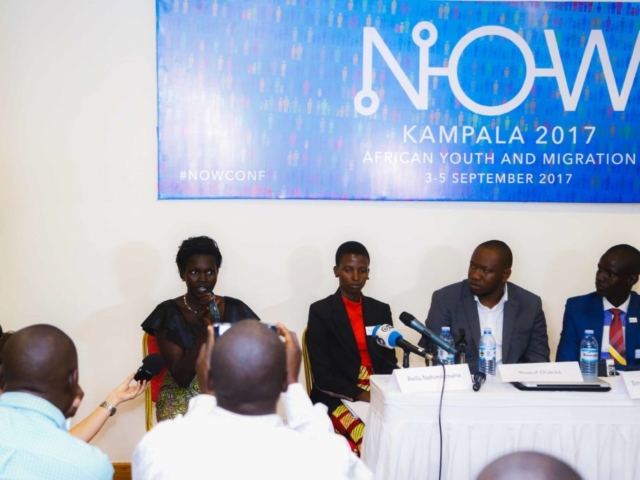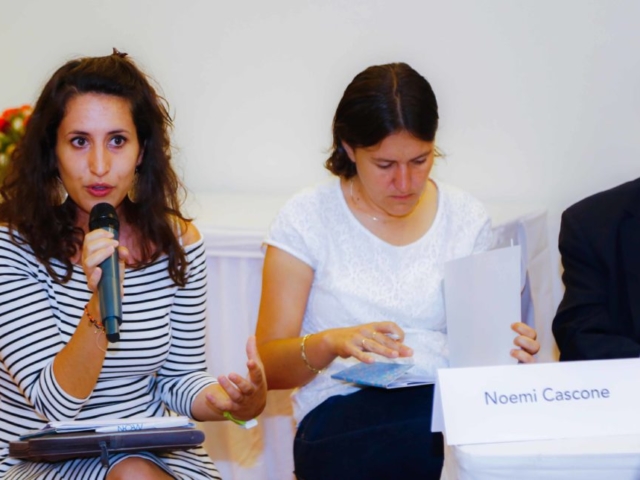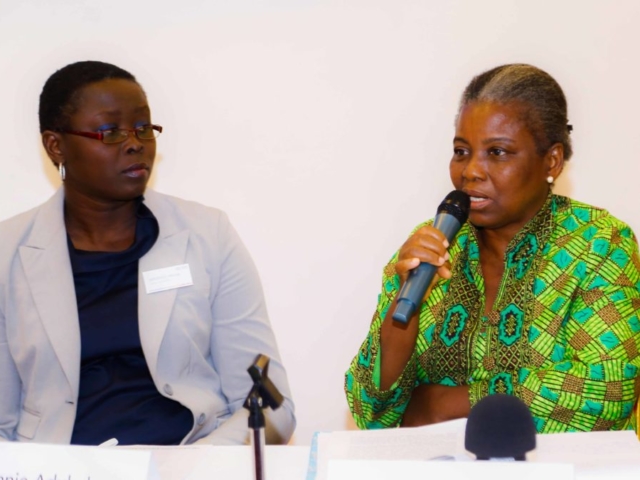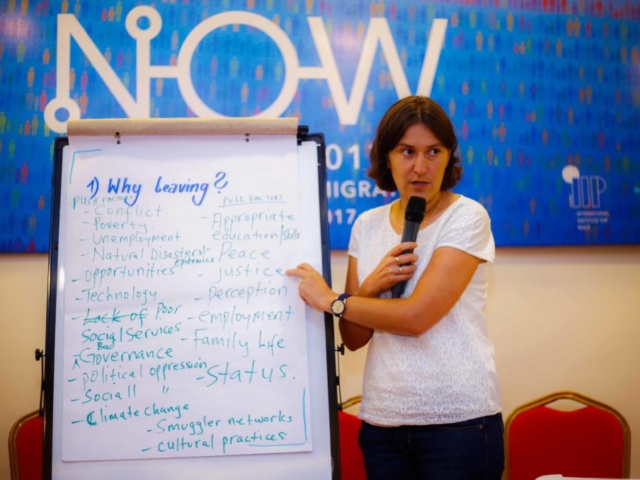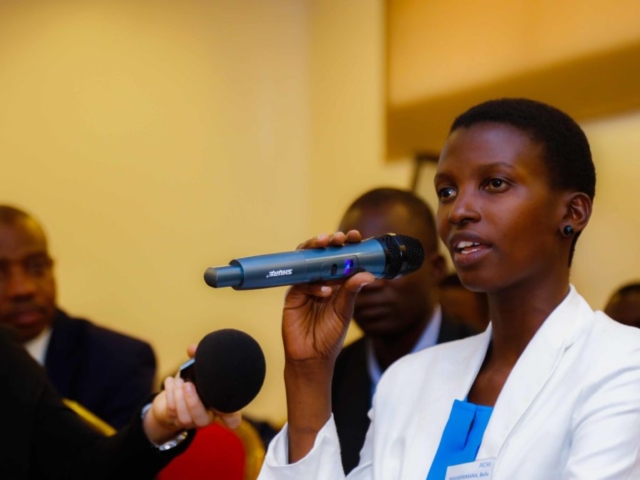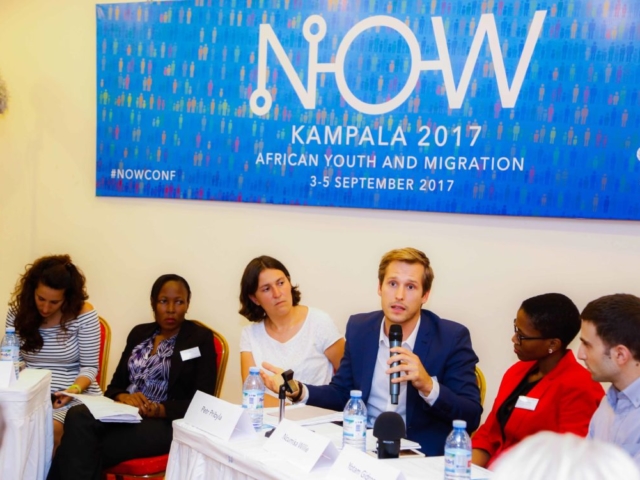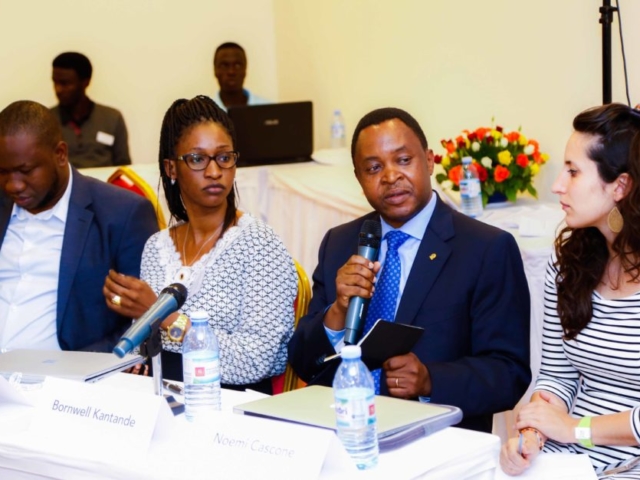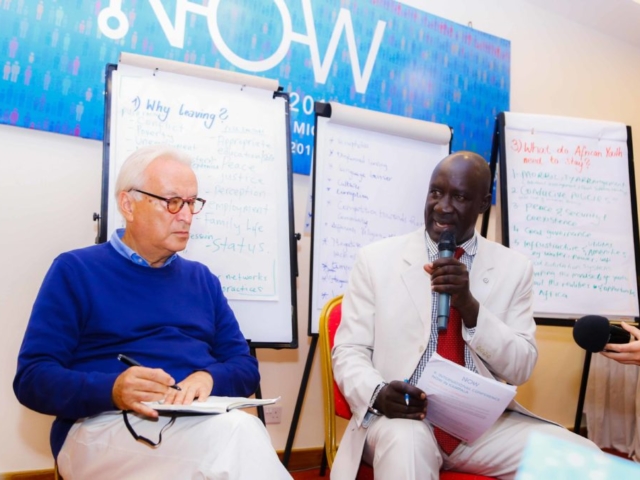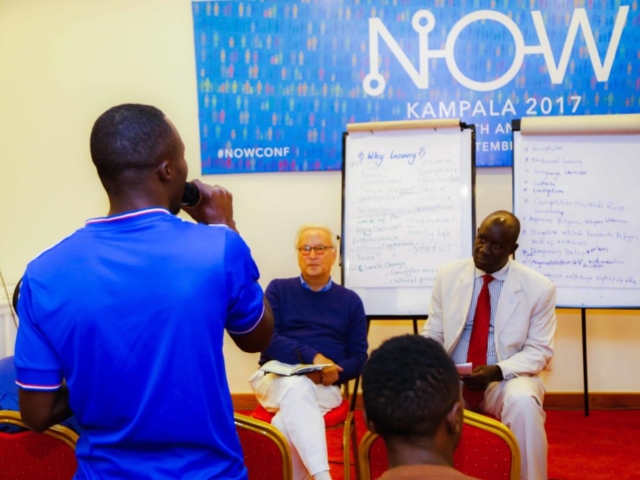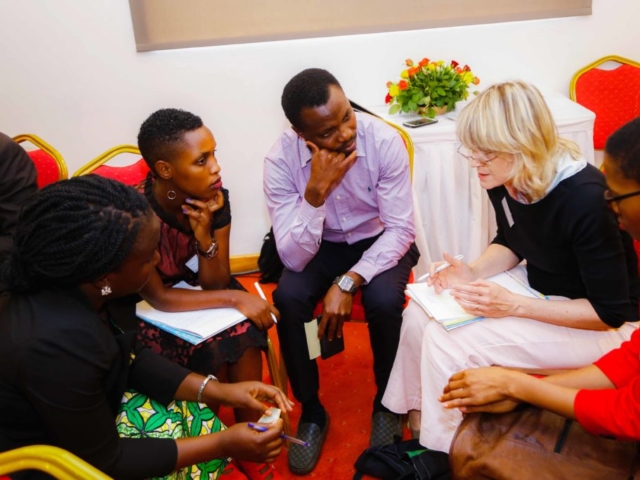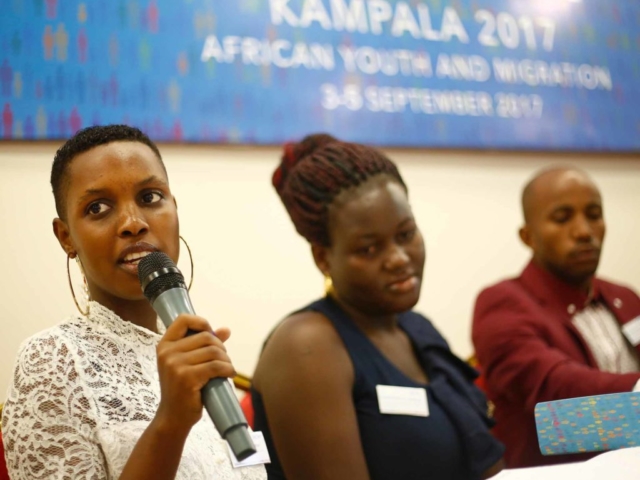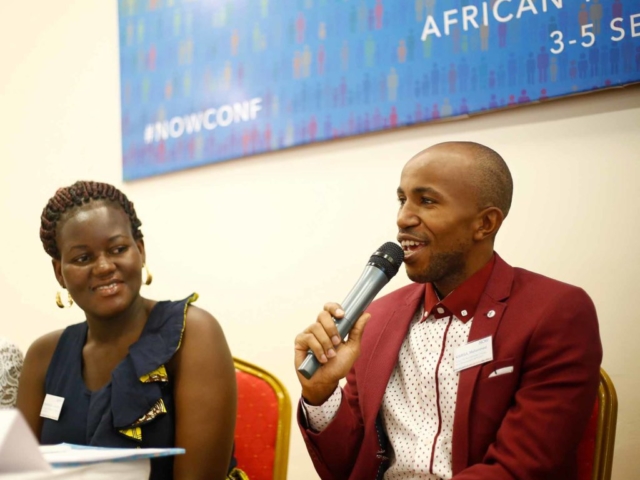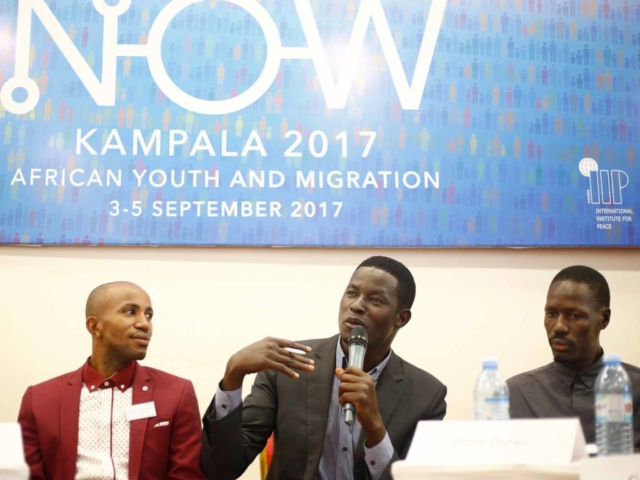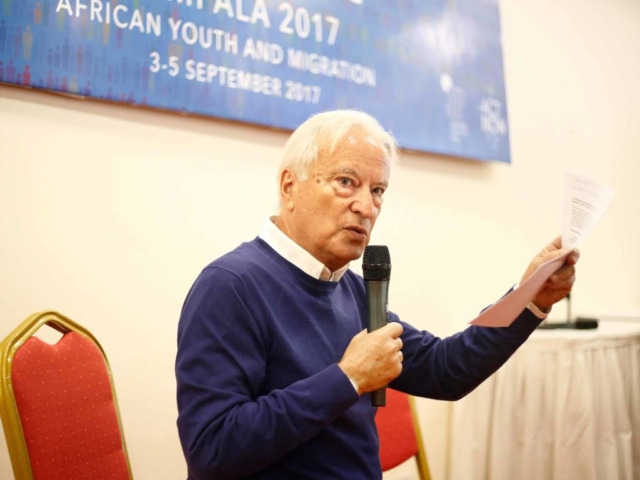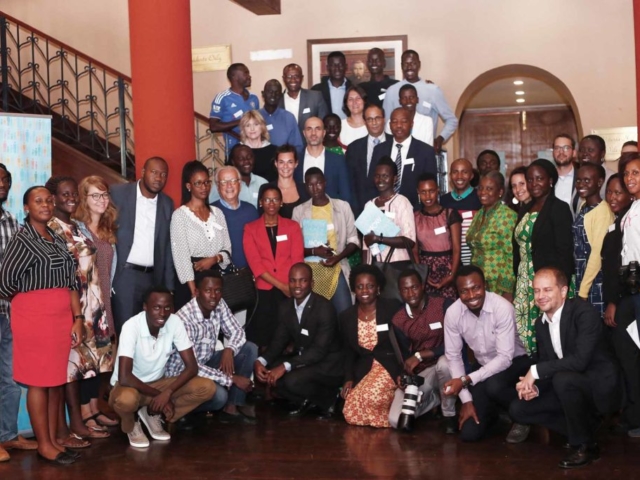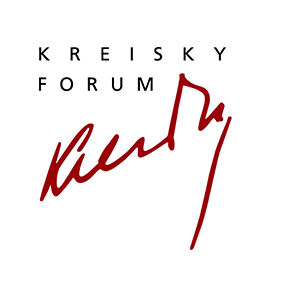4th International Conference NOW Kampala
“African Youth and Migration”
Uganda, 3 – 5 September 2017
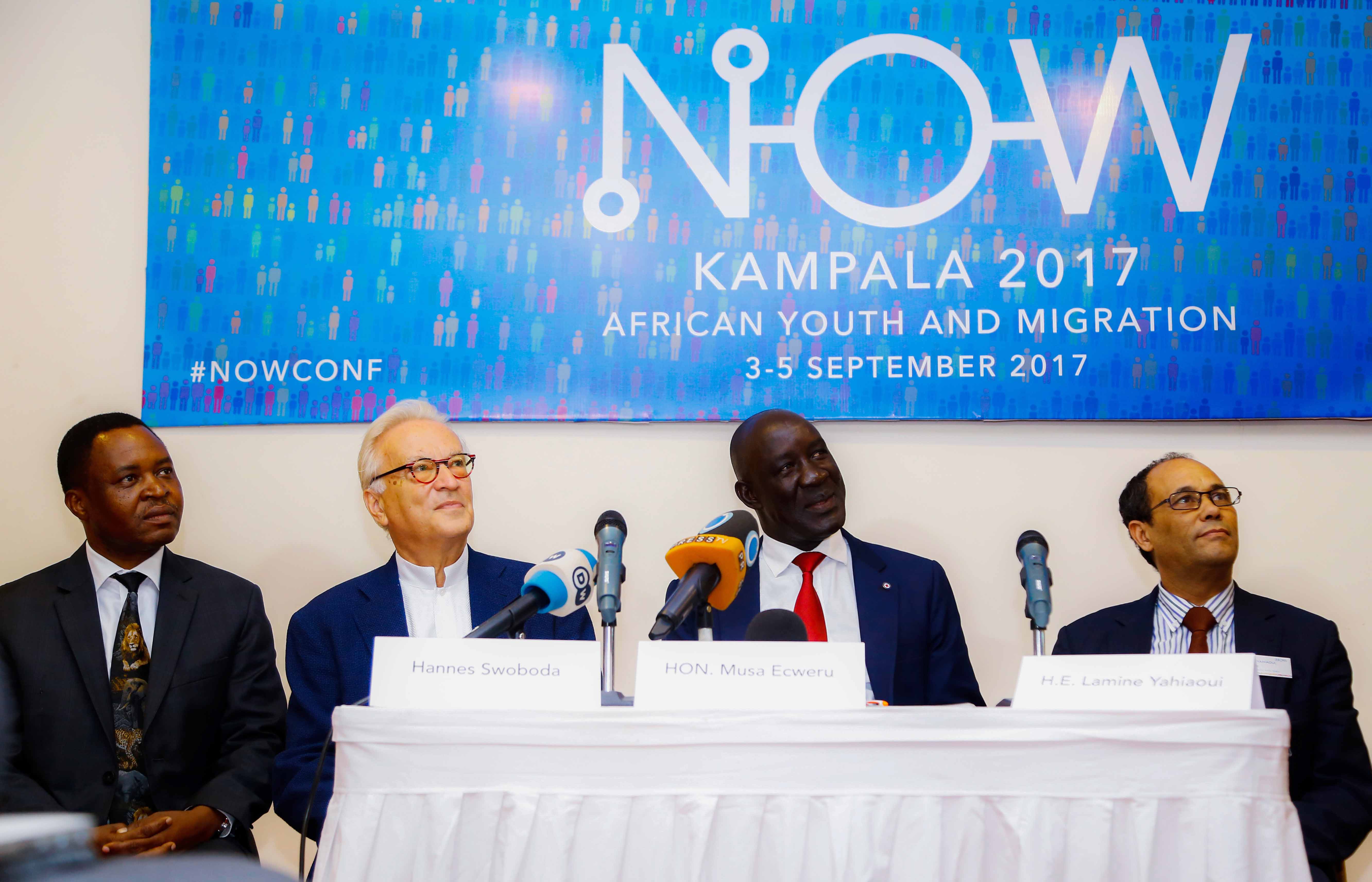
Curated by Hannes Swoboda, former Member of the European Parliament, the 4th NOW Conference on “African Youth and Migration”, 3 – 5 September 2017, in Kampala, Uganda, gathered about 40 experts from more than 10 mostly Sub‐Saharan and some European countries. Politicians, refugees, youth and NGO representatives discussed the situation of young refugees and migrants within Africa and beyond as well as perspectives of African Youth in four panels and three interactive sessions.
With the world’s largest population under 18, Africa is the youngest continent. While this generation between 15 and 30 years holds a lot of potential, it also faces a lot of challenges. Unemployment, poor living conditions, famines, consequences of climate change, terror and armed conflicts, are circumstances that make building a future for oneself or a family unstable, unpredictable, unsafe. Where people suffer from such problems, the situation gives rise to the youth seeking a better future –the central question being, how and where to find it. 28% of the people migrating from Africa to Europe are between 15 to 24 years old.
Next steps
All participants agreed upon that the empowerment of the African youth is urgent and achievable by allocating them with ownership that will enable access to adequate education, good jobs and a basic health service, which will create and guarantee decent living conditions in their countries of origin. It is the youth of Africa which has to become the most important partner for the EU.
It is a necessity for both the EU and AU to address the root causes of forced migration (not only symptoms), link conflict prevention with migration policy programs and establish policies to integrate migrants (right to work, mobility, healthcare, social services, etc.) EU and AU should partner and develop a cooperation which encourages exchange programs (like the set-up of a special Erasmus program for Africa) between the continents and establishes a mutual recognition of skills and certificates on a level playing field. African Diaspora in Europe can be a bridge-builder between Africa and Europe, and help to diminish reciprocal prejudices. Also, programs for returnees should be developed jointly.
Accessibility and sustainability of education for all (also girls, people with disabilities, etc.), starting in early childhood, especially focussing on knowledge and skills that are locally beneficial, are essential for Africa’s future. Just as the issue of capacity building of institutions and states (anti-corruption, rule of law, equality…) to promote good governance, transparency in economic relations and the resolving and preventing of conflicts. To increase local employment of youth, investment and support of domestic industries, a decentralized system of renewable energy production and sustainable agriculture to secure ample food supply and food safety are indispensable.
“EU and AU should address root causes of forced migration (not only symptoms), link conflict prevention with migration policy programmes, establish policies to integrate migrants (right to work, to mobility, to healthcare and other social services) and set-up a system of legal migration.”
– Recommendation of the 4th International Conference NOW in Kampala 2017
> PDF- Download: Recommendations
Videos
Impressions
Contributors – Team – Organisation
International Conference NOW Kampala 2017
initiated by Act.Now | André Heller, Patricia Kahane and Elke Zuckermann & International Institute for Peace (IIP) | Hannes Swoboda
Curator responsible for the content
Hannes Swoboda, MEP (ret.), Head of the International Institute for Peace – IIP, Board Member, Bruno Kreisky Forum of International Dialogue
Contributors
Project Coordination: Catrin Neumüller, Julia Probst, Stephanie Fenkart
Logistics: Stella Amisango
Facilitation: Susan Alupo, Mary Kampogo (Refugee Law Project), Jennifer Kalule
Public Relations: Elke Zuckermann, Robert Schafleitner
Social Media: Robert Schafleitner, Emmanuel Batte, Eric Ssessanga
Photographer: Denis Barlow
Visual Artist: Arnold Abayo
Administration: Alja Mirfattahi, Sulaiman Al Mahmoud
